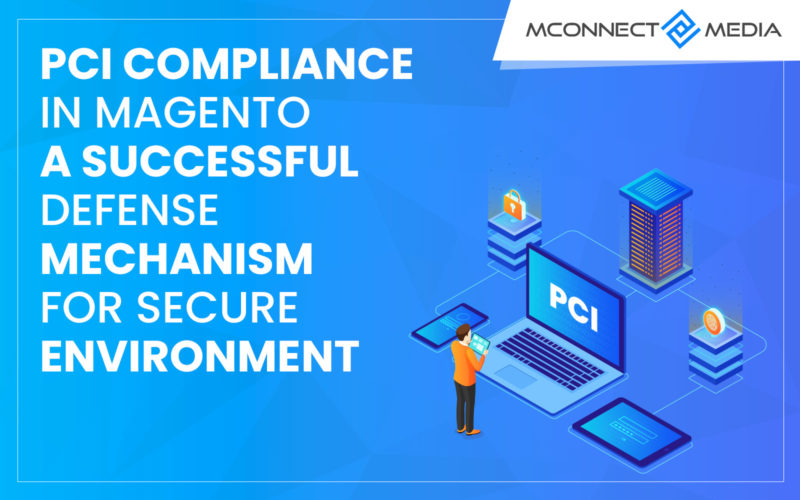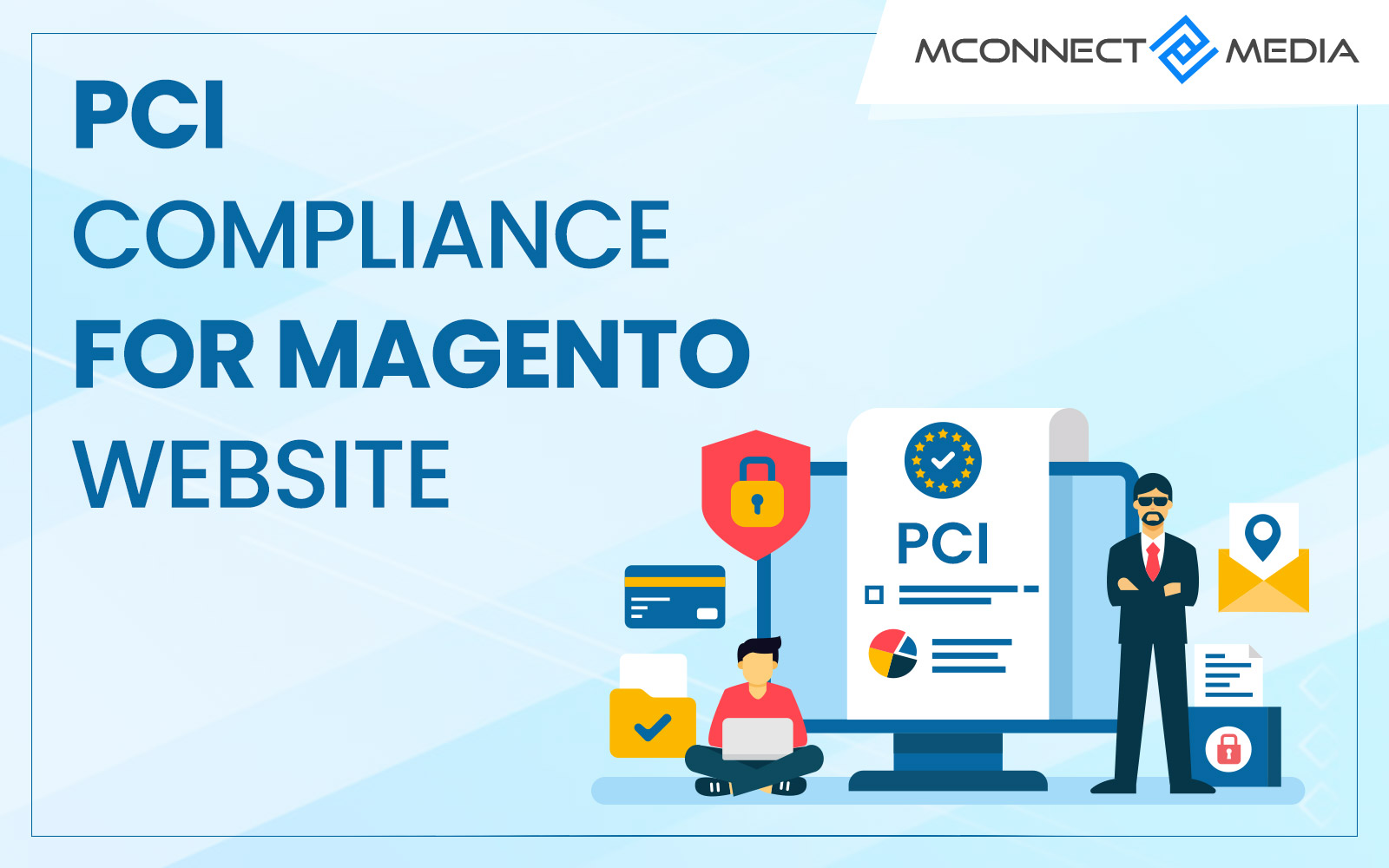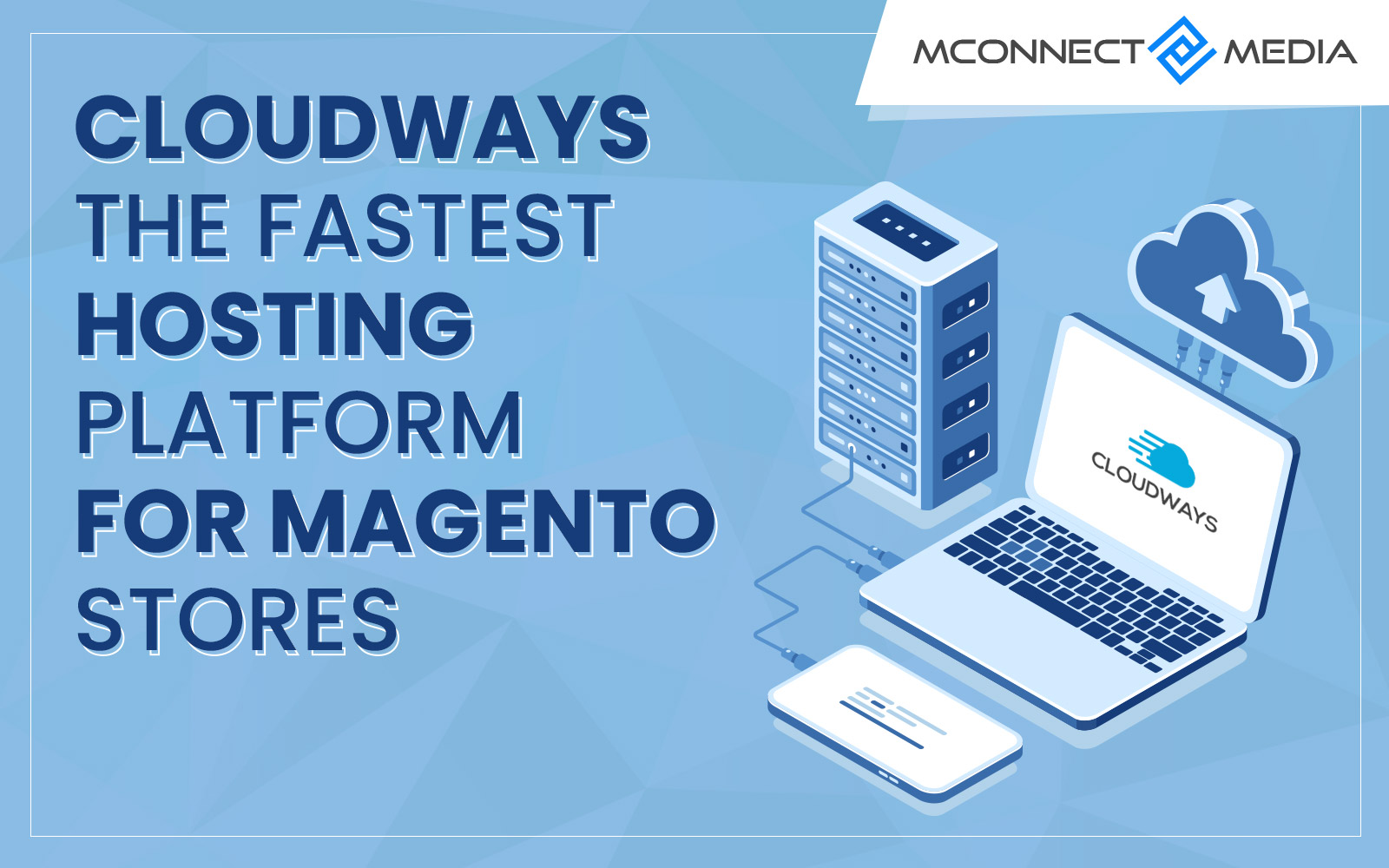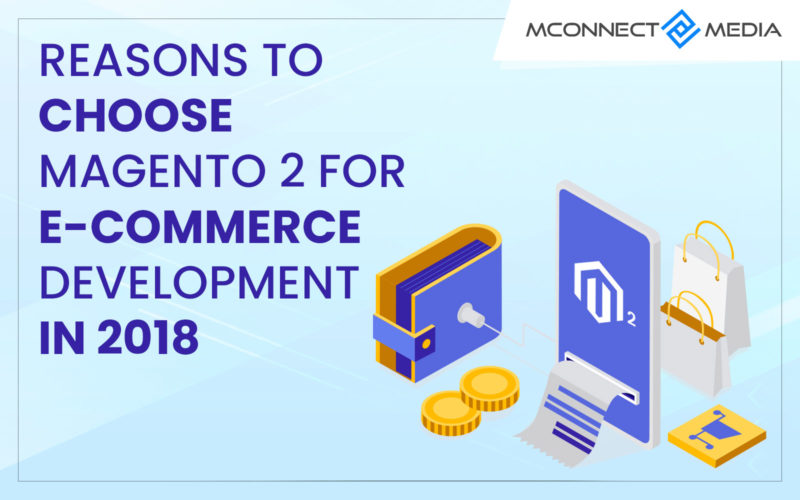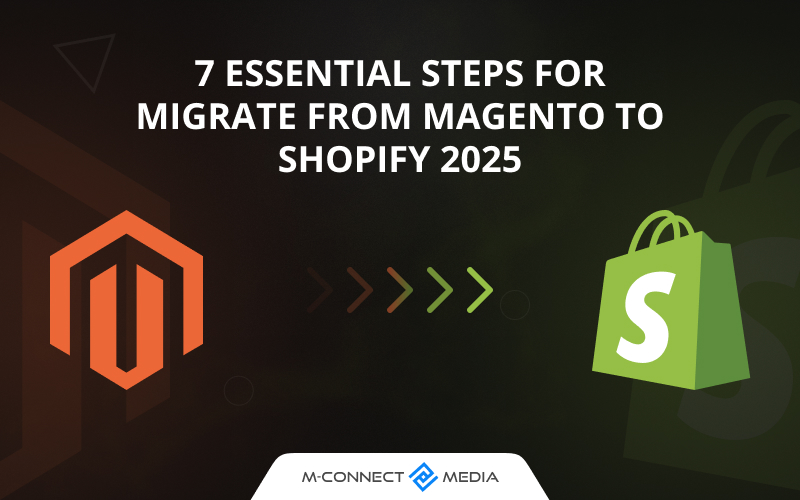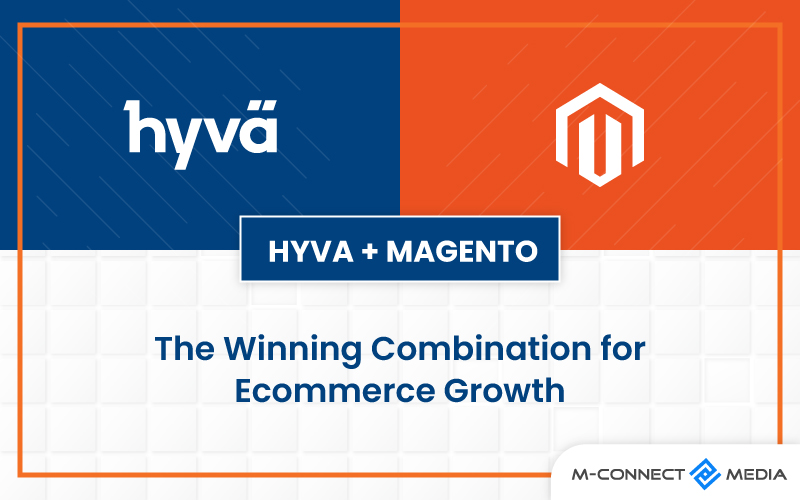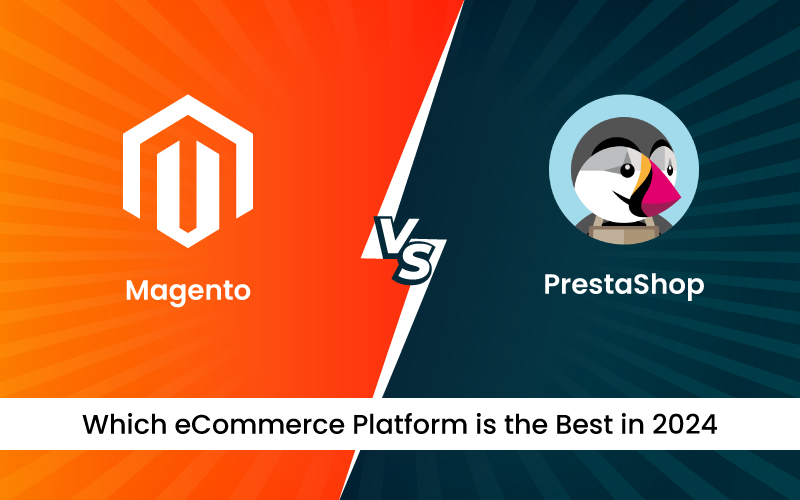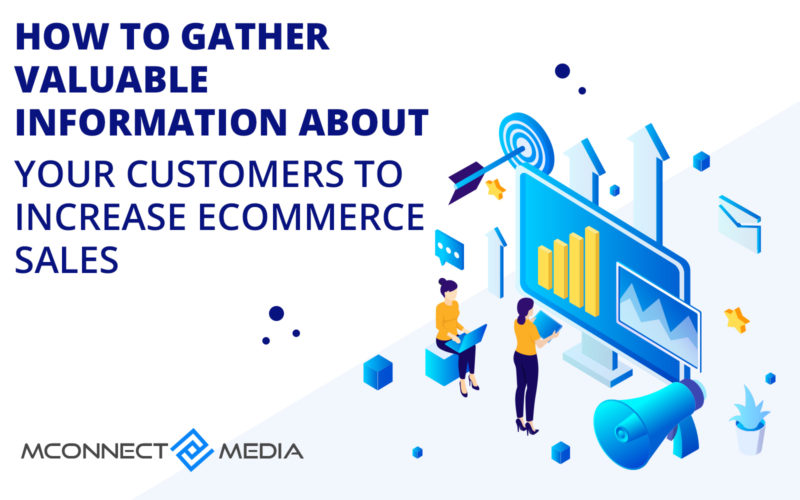E-Commerce businesses are termed as the paradigm of success once they excel the features like agility, responsiveness, user-friendliness, security etc. While features like agility and friendliness assure the conversion rates, cyber warfare and security of the eCommerce protect the customer’s trust.
Customer seeks the safety of its important data like card number, password and other account details which are asked to enter while purchasing an online product. These feet can be achieved using a PCI compliant system for your eCommerce businesses. PCI compliant system is a little bargain to obtain customer’s trust.
PCI Compliance : A Road to Safe E-Commerce Platform
The security benefits associated with maintaining PCI compliance are vital to the long-term success of all merchants who process card payments. This includes continual identification of threats and vulnerabilities that could potentially impact the organization. Most organizations never fully recover from data breaches because the loss is greater than the data itself.
— Quick Service Restaurant (QSR) Magazine
PCI compliance is neither a rocket science or a piece of cake, nor it is a mandatory law or compulsive regulation. It is just an entity which secures and handles the payment card data. The full name is PCI DSS, which means Payment Card Industry – Data Security Standard.
So, PCI is a standard that contains a set of security requisites that every merchant, service provider, an issuer, an acquirer must follow, be in compliance. It ensures that any company which accepts, store, process, forward or transmit card details must maintain the secure environment for card holders and their data. This confirms that the cardholder environment is safe.
The process of PCI compliance involves regular assessment and remediation of the network. This not only secures the environment but also spawns the layer of trust among the eCommerce company, payment brand, and the customer.
Issues with a Non-Compliant System: E-Commerce Prone to lose Credibility among the Customers
The common notion among a lot of small and medium scale businesses is that they are exempted from making their system PCI compliance. A lot of merchants believe that holding a few transactions might not make their eCommerce platform mandatory to undergo an audit of PCI compliance. They fail to acknowledge that any business involving a cardholder records have to undergo such audit to maintain customer’s trust.
There are a set of requisites which are needed to be achieved. And the passing marks for PCI compliance is 100%. A system is not compliant unless it covers all the standards. If we fail in any of the requisites, we would fail to match up the standard litmus test of our security wall.
Since the PCI audit and certification can only be earned by fulfilling each and every pre-requisites, many small and medium scale eCommerce platforms try to neglect this defense mechanism. The issues faced by such non-compliant systems are:
Interception Of Network: Puts CardHolder Data(CHD) At Stake
Online purchases are done using net banking by the card holders. Purchase process involves all the useful data of account. A little negligence may lead to interception of all the data and that might breach the security of CardHolder environment. Systems which are not PCI compliant are prone to security disaster.
Hacking Of Important Data: Destroys Reputation Of E-Commerce
Since the non-compliant platform is susceptible to data interception, this may lead to dilution of business reputation among the customers and other entities. The initial effort to hit the conversion is dependent more on quality management and best deal for the product. Later, rest of the conversions are done by the reputation. It will be really difficult to run a business if reputation is ruined.
Failure to PCI Compliance: Loss of Customer’s Trust and Interest
We can’t expect a customer to trust a non-secure channel which involves important transaction data. A customer would eventually lose all kind of interest if it feels cheated or insecure while using the e-commerce platform. It would become an impossible task to regain those customers.
Failure in PCI Audit may Lead to Heavy Fines
A noncompliant system may lead to online theft. Consumer protection act makes sure that customer doesn’t suffer the negligence of eCommerce merchants. The merchants who fail to comply with the orders of PCI may be imposed with a heavy fine and might also get the cancellation of their ability to process payment.
Critical Security Enforcement Requirements: Regulation by Credit Card Companies to Bridle the Threat in Unsecured Platform
All the major credit card companies have tabled a set of standards which are supposed to be followed by all the online companies which involve card processing. All these set of rules are needed to be covered. Failing even in a single requisite would result in calling the platform – Non-Compliant.These set of requisites are:
Establish and Maintain a Secure Network: Distances Interceptors
- Requirement 1: Install and maintain a firewall configuration to protect cardholder data. An installed firewall would allow the packets to filter based on certain set of rules. This would make sure that interception of cardholder data becomes difficult.
- Requirement 2: Do not use vendor-supplied defaults for system passwords and other security parameters. The default system provided by the vendor may lead to leakage of data. It’s advised to update the system and induce new password and parameters.
Protect Cardholder Data And Environment: Wins Customer Trust
- Requirement 3: Protection of cardholder data which is stored. This includes encryption of the data at the server. This is to protect the data from the direct attack on the server.
- Requirement 4: Encrypt transmission of cardholder data across open, public networks. This talks about encryption of data while it is getting transmitted or forwarded. Card data getting transmitted on other networks are prone to theft.
Maintain a Vulnerability Management Agenda: Antidote to Theft
- Requirement 5: Use and regularly update anti-virus software. Regular use of anti-virus ensures that our system is virus free. It is also advised to change anti-virus on regular time interval.
- Requirement 6: Develop and maintain secure systems and applications. A system is termed a secure system when an infiltrator is unable to access the card data.
Implement Strong Access Control Measures: Controls Unlimited Access
- Requirement 7: Restrict access to cardholder data by business need-to-know.
- Requirement 8: Assign a unique ID to each person with computer access. This makes sure that transparency is maintained and all the units of the system are independent of each other.
- Requirement 9: Restrict physical access to cardholder data. The protection of cardholder data physically is as important as protecting it virtually. This ensures that data is surreptitious and free from any danger.
Regularly Monitor Security Systems and Test Networks: Sharp Scrutiny Of Open And Insecure Networks
- Requirement 10: Track and monitor all access to network resources. This ensures that all the resources of the network are free from theft and indirectly helps cardholder data to be protected.
- Requirement 11: Regularly test security systems and processes. This involves testing of all the security systems arranged to have a hassle-free card processing.
Maintain an Information Security Policy: Capsulate Information in Secure Shells
- Requirement 12: Maintain a policy that addresses information security. The practice of preventing unauthorized access, use, disclosure, disruption, modification, inspection, recording or destruction of information means information security. It is also advised to remove the data which are of no use for the system.
PCI Compliance on Magento: How Magento Keeps Merchants Compliant
At the end of the day, it gets extremely necessary for us to understand that PCI compliance is for the business. The software which we run our businesses is just components which are needed to be compliant. Thus, the larger issues of system compliance lie outside the Magento. Magento itself is non-compliant. A software cannot be PCI compliant. So, the right context of calling PCI compliance of the system always refers to our business, not the software.
Magento didn’t make its software PCI-DSS certified. Instead, it linked itself to the payment bridge which carries out all the card processing. This dubbed platform is PCI-DSS certified. The advantages of linking an eCommerce with such payment bridges reduce the onus on eCommerce platforms and magnify the liability of processing systems(payment bridge). This allows Magento to have creative liberties and it doesn’t have to undergo re-certification for every version they launch.
We are very well aware of the editions of Magento. They are available in enterprise edition and community edition. Both the editions are different from each other and demand different treatment for their compliance. The methodologies of compliance are not same for both the editions and shall be implemented in the manner which system demands.
Enterprise Edition and its Compliance:
Enterprise Edition of Magento can create a secure environment by Magento Secure Payment Bridge. This bridge is a certified PCI-DSS bridge which conducts every kind of data processing without letting the process of website/application put to hold. Also, an update of Magento based eCommerce is independent of the payment bridges. This makes the system run without any hindrance.
Magento Secure Payment Bridge also addresses several issues and offers new features that enable more efficient payment processing. With those features, we can
- Process partial refunds and invoices for orders that were placed using PayPal Payflow Pro.
- Acess and deny transactions marked as probably fallacious by PayPal Payment pro directly from admin panel
- Access basic fraud management options for Authorize.Net from the Magento admin, like attractive a dealings standing.
- Take advantage of additional features from supported payment gateways, including Worldpay, Ogone DirectLink, SagePay, and eWay.
Community Edition and its Compliance
Currently, Payment Bridge is not available for Magento Community Edition, but there are several options for achieving PCI Compliance on Magento.As long as it is not required to save the credit card data on the website and application, Community edition can be in complete compliance with PCI standards. All the sensitive data on website and application have to be cut down. This can be done by redirecting the customer to the third party platform.
Magento makes PCI compliance easier by giving dubbed payment entrys that permit merchants to firmly transmit mastercard information via direct post API methods or with hosted payment forms provided by the payment gateway and integrated with the merchant’s checkout pages.
Methods to Achieve PCI Compliance in Magento Community
- Direct Post Method
The Direct Post Method allows for information to be transmitted directly to the payment bridge. This ensures that no sensitive data flows through or is stored on the Magento application server. Every kind of card processing would be done by the payment bridge independent of the Magento platform.
- The Hosted Payment Method
The Hosted Payment method allow merchants to offer a seamless checkout as well by integrating the payment forms into checkout but with the form hosted by the payment gateway rather than by the Magento application server. By keeping sensitive data outside of the Magento Application server, this enables updates to the core Magento eCommerce application with new marketing, merchandising and content management capabilities, without having to go through PCI compliance reassessment of the entire Magento eCommerce platform. As a result of these integration options, Magento merchants are able to validate for compliance.
- Use Of SaaS PCI Compliant Applications Like CRE Secure
This again puts our Magento eCommerce website and application free of PCI scope because card processing is done outside the server of the platform which is already PCI certified. This service essentially serves up the checkout page from their server and processes the transactions there. It supports 4 of the primary payment gateways used today with Authorize.net, Paypal, Chase Paymentech, and Payleap so you can most likely stick with your current merchant services provider.
The Final Inference: PCI Compliance Enforcement
The enforcement on a system for PCI Compliance is not an easy process. But it is an obligation for merchants to check out if their systems are fit to be compliance or not. At the end of the day, this issue is not only related to the compliance of Magento commerce but also the other platforms. All merchants on all the other platforms face the same issue. It is moral imperative of every merchant to produce a secure environment for their customers and let them experience the safe heaven of the eXommerce world.

